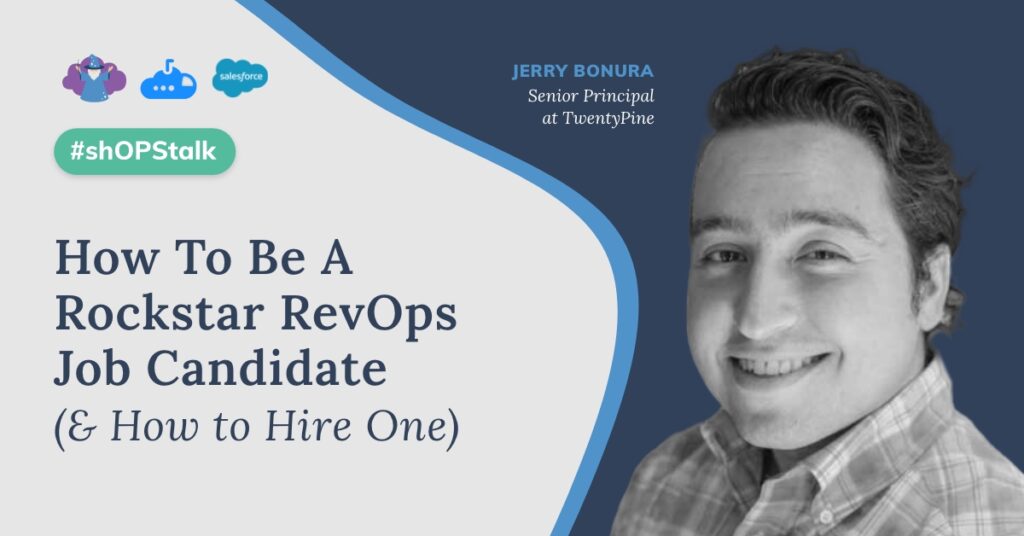Ep. 22: How To Be A Rockstar RevOps Job Candidate (& How to Hire One)
As the RevOps job market accelerates, there’s no better time to find the role you’ve always wanted. If you’re looking to land a job in RevOps or want to make strategic hires to grow your RevOps team, you won’t want to miss this episode of shOPS Talk.
WATCH NOW

